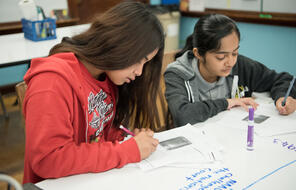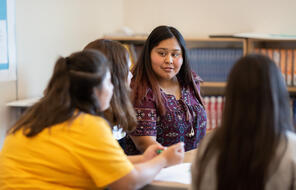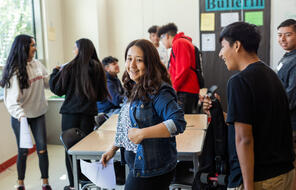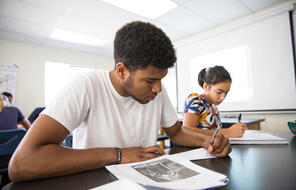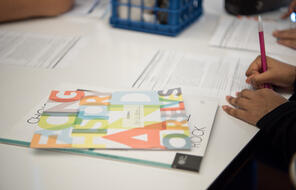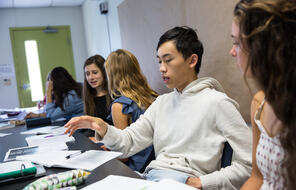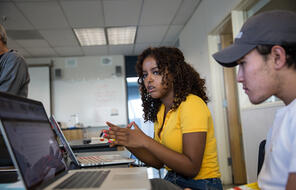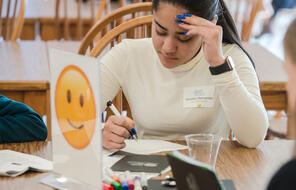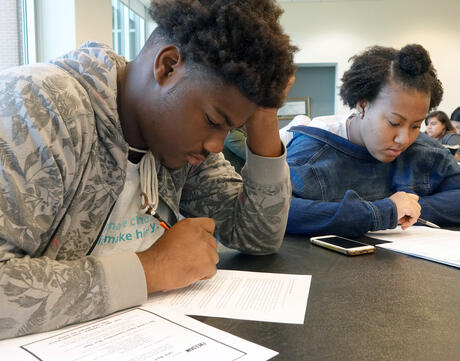
Summative Assessment: Agency and Action in the World Today
At a Glance
Language
English — USSubject
- English & Language Arts
Grade
11–12Duration
Two 50-min class periods- Culture & Identity
Overview
About This Assessment
Having agency—the power and ability to make decisions and take action on your own behalf—doesn’t always have to include participation in movements or lead to sweeping social change. As students have learned from the resources and learning experiences in this text set, speaking up or standing up for oneself can be a powerful demonstration of agency.
This assessment invites students to draw connections between the concepts they have explored in this text set and the world around them. They will first identify an example of individual or collective agency in the world today that inspires them and then reflect on its significance. If time allows, this assessment could be the initial step of a larger research project.
Procedure
Activities
Materials and Downloads
Quick Downloads
Download the Files
Get Files Via Google
Summative Assessment: Agency and Action in the World Today
Unlimited Access to Learning. More Added Every Month.
Facing History & Ourselves is designed for educators who want to help students explore identity, think critically, grow emotionally, act ethically, and participate in civic life. It’s hard work, so we’ve developed some go-to professional learning opportunities to help you along the way.
Exploring ELA Text Selection with Julia Torres
On-Demand
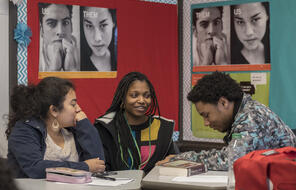
Working for Justice, Equity and Civic Agency in Our Schools: A Conversation with Clint Smith
On-Demand
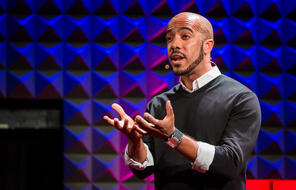
Centering Student Voices to Build Community and Agency
On-Demand


